Bipolar disorder, formerly known as manic depression, is a mental health condition that causes extreme mood swings, ranging from emotional highs (mania or hypomania) to emotional lows (depression). Many famous personalities in Hollywood have opened up about their struggles with bipolar disorder, using their platforms to bring awareness to this complex condition. By sharing their stories, these celebrities have helped reduce mental health stigma and inspired others to seek help. This article explores 10 celebrities who have been diagnosed with bipolar disorder, the challenges they faced, and how they have worked to manage the condition.
1. Demi Lovato
Demi Lovato was diagnosed with bipolar disorder after seeking help for drug addiction and an eating disorder in 2011. Lovato faced severe mood swings, from manic episodes filled with impulsivity to deep periods of depression. After multiple rehab visits, Lovato began speaking openly about their diagnosis. Through a combination of therapy, medication, and lifestyle changes, Lovato has learned to manage bipolar disorder. They now advocate for mental health awareness, using their platform to help destigmatize the condition. (Source)
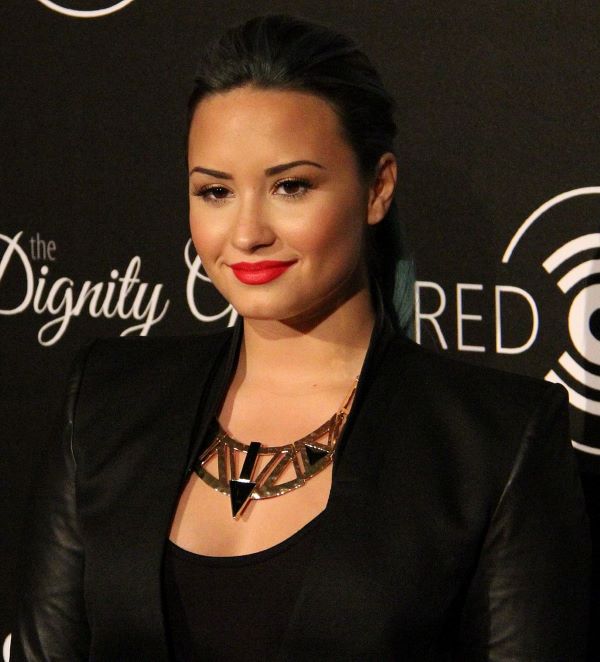
Image Source: Neon Tommy, CC BY-SA 2.0, via Wikimedia Commons
2. Kanye West
Kanye West revealed his diagnosis of bipolar disorder in 2018, referring to it as his “superpower.” West’s manic episodes are often marked by impulsive actions, erratic behavior, and grandiosity, while his depressive periods lead to intense lows. The rapper has been open about his struggle with accepting his diagnosis and his resistance to staying on medication. West’s public behavior during manic episodes has sparked conversations about mental health and the importance of understanding bipolar disorder in the media. (Source)
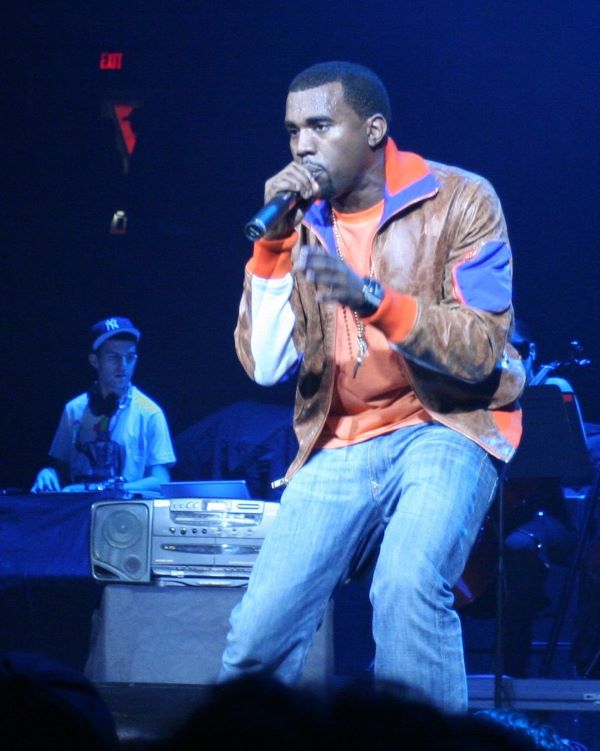
Image Source: Phil Romans, CC BY-SA 2.0, via Wikimedia Commons
3. Mariah Carey
Mariah Carey was diagnosed with bipolar disorder in 2001, but she kept her diagnosis private for nearly two decades due to fear of being judged. She finally opened up about her condition in 2018, describing how she had experienced extreme insomnia and irritability during manic episodes, followed by deep periods of depression. Carey began receiving treatment, which included therapy and medication, allowing her to better manage her mental health. Her decision to share her diagnosis inspired others to seek help without fear. (Source)

Image Source: Heartfox, CC BY-SA 4.0, via Wikimedia Commons
4. Catherine Zeta-Jones
Catherine Zeta-Jones was diagnosed with bipolar II disorder, a form of the condition that involves less intense manic episodes but more frequent and severe depressive episodes. Zeta-Jones decided to seek treatment in 2011 after struggling with emotional instability due to her husband Michael Douglas’s battle with cancer. She credits therapy and medication with helping her manage her symptoms, and she continues to advocate for mental health awareness, emphasizing the importance of seeking professional help. (Source)
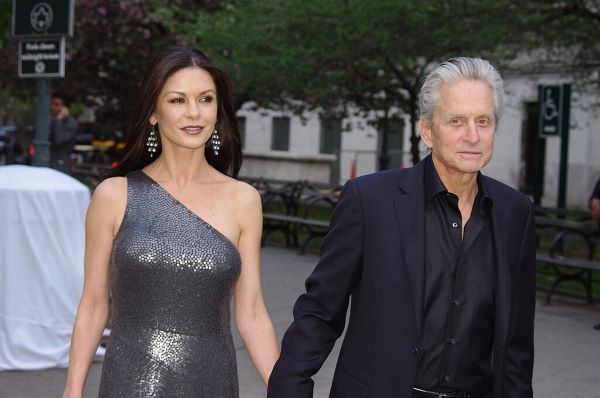
Image Source: David Shankbone , CC BY 3.0, via Wikimedia Commons
5. Carrie Fisher
The late Carrie Fisher, best known for her role as Princess Leia in Star Wars, was diagnosed with bipolar disorder in her 20s. Fisher battled manic episodes that led to impulsive decisions, substance abuse, and erratic behavior, followed by severe depressive episodes. She often used humor to talk about her mental health challenges and became a vocal advocate for bipolar disorder awareness. Fisher used medication and therapy to manage her condition and wrote extensively about her experiences in her memoirs. (Source)
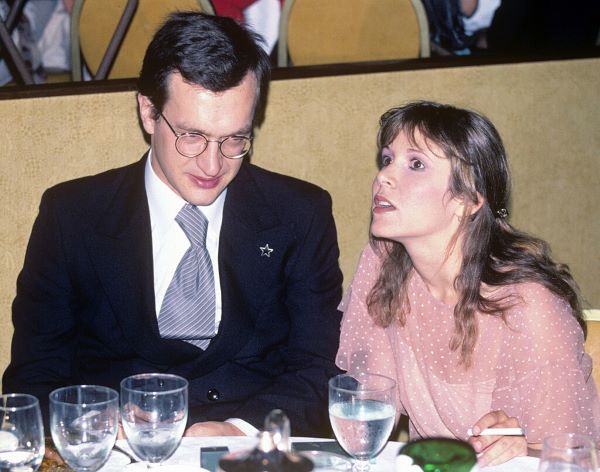
Image Source: photo by Alan Light, CC BY 2.0, via Wikimedia Commons
6. Mel Gibson
Oscar-winning actor and director Mel Gibson was diagnosed with bipolar disorder later in life. Gibson has publicly admitted that his untreated bipolar disorder led to impulsive and erratic behavior, including alcohol abuse and public outbursts. After receiving his diagnosis, Gibson began treatment, which included therapy and medication, to stabilize his mood. He has since worked to improve his mental health and has spoken about how bipolar disorder affected his life and career. (Source)
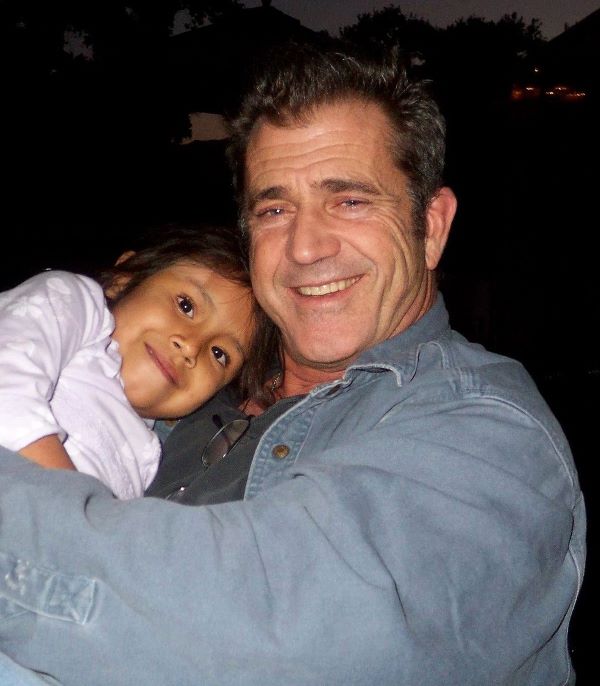
Image Source: Jeff Turner, CC BY 2.0, via Wikimedia Commons
7. Russell Brand
British comedian and actor Russell Brand was diagnosed with bipolar disorder, and his struggles with addiction were closely linked to his mental health issues. Brand experienced intense highs and lows that often led him into self-destructive behavior during manic episodes. After seeking treatment for his addiction and mental health, Brand embraced mindfulness, meditation, and therapy to manage his bipolar disorder. He has since become a mental health advocate, openly discussing his experiences to help others. (Source)
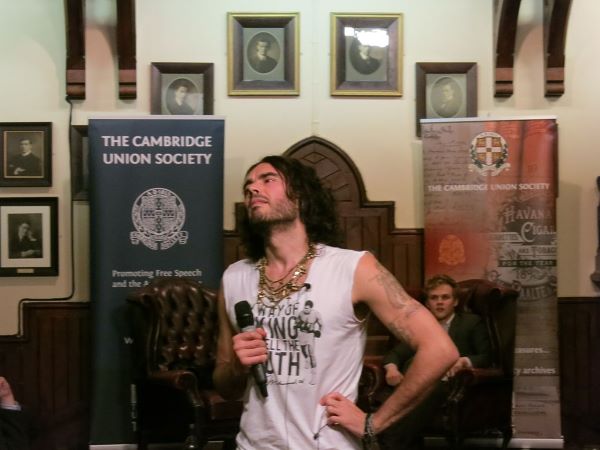
Image Source: Cantab12, CC BY-SA 4.0, via Wikimedia Commons
8. Jean-Claude Van Damme
Action movie star Jean-Claude Van Damme revealed his bipolar disorder diagnosis after years of erratic behavior and substance abuse. Van Damme’s condition was marked by extreme mood swings that affected his personal and professional life. He was diagnosed with rapid cycling bipolar disorder, which involves more frequent shifts between mania and depression. After accepting his diagnosis, Van Damme began treatment with medication and therapy, allowing him to manage his mental health more effectively. (Source)
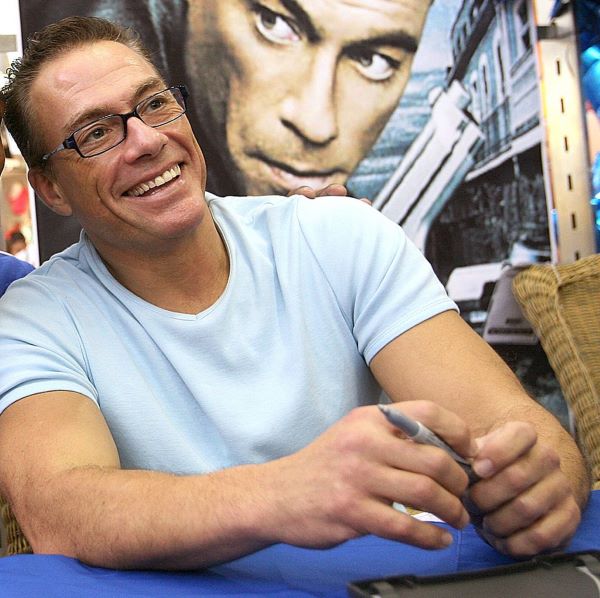
Image Source: U.S. Air Force photo/Robbin Cresswell, Public domain, via Wikimedia Commons
9. Sinead O’Connor
Irish singer Sinead O’Connor has spoken openly about her lifelong battle with bipolar disorder, revealing that it contributed to severe depressive episodes and even suicidal thoughts. O’Connor’s struggles with mental health were often visible in her public appearances, but after her diagnosis, she sought professional help. Therapy, medication, and self-care practices helped her manage her condition. O’Connor has since become an outspoken mental health advocate, urging others to seek help. (Source)

Image Source: I, Gsulima, CC BY-SA 3.0, via Wikimedia Commons
10. Brian Wilson
Beach Boys co-founder Brian Wilson has long struggled with mental health issues, including bipolar disorder and schizophrenia. Wilson’s bipolar disorder led to years of drug use, paranoia, and emotional instability, which affected his ability to perform and write music. After years of suffering, Wilson sought help in the 1970s and underwent extensive therapy. His treatment helped him regain control of his life, and he continues to manage his mental health with ongoing support and care. (Source)
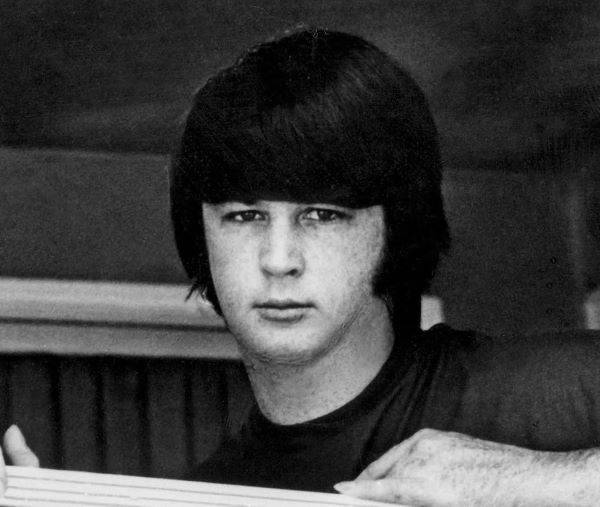
Image Source: See page for author, Public domain, via Wikimedia Commons
Conclusion
These celebrities have faced immense personal challenges due to bipolar disorder, but their willingness to share their stories has helped shed light on this complex condition. By opening up about their mental health struggles, they’ve not only broken the stigma surrounding bipolar disorder but also encouraged others to seek help and recognize that treatment is essential. From therapy to medication and lifestyle adjustments, these individuals have shown that managing bipolar disorder is possible and that mental health should always be a priority.




